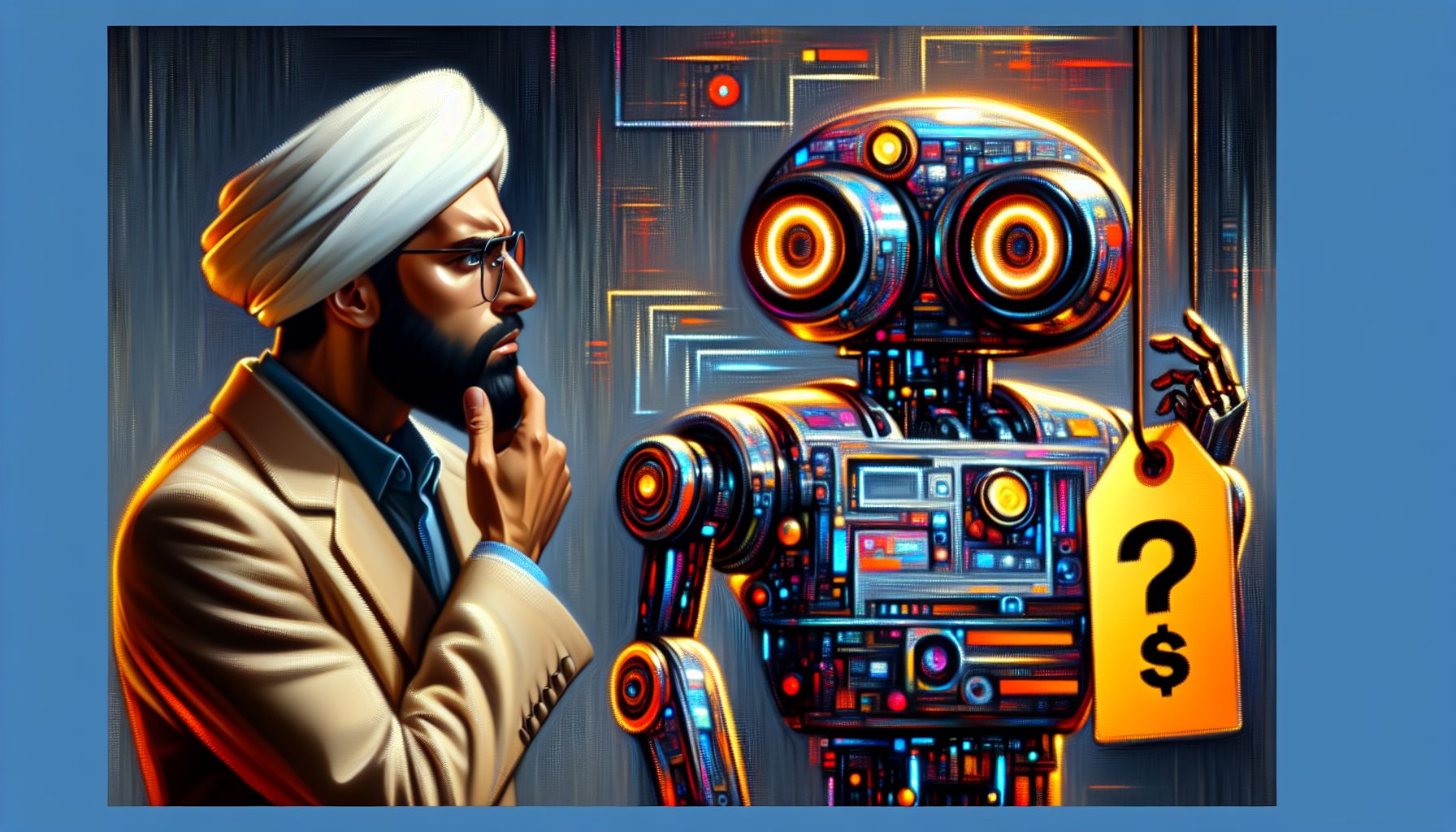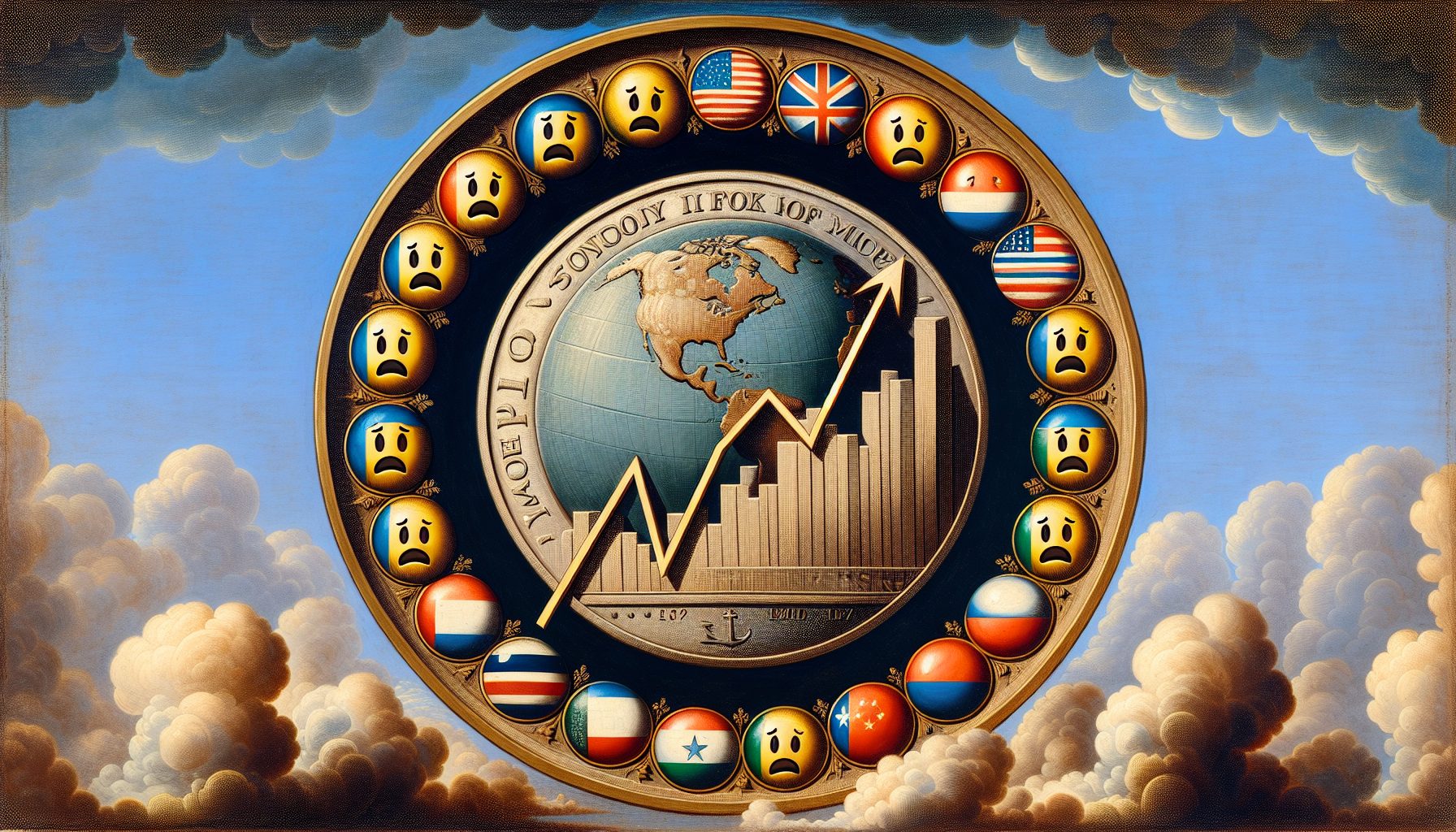The Internet of things is no longer an abstract concept. For better or worse, sensors and electronic monitoring systems are winding up just about everywhere.
Some industry observers say we’re now on the cusp of a new era, “Industry 4.0,” which refers to the fourth wave of disruptive industrial innovation. The previous waves encompassed mechanization, mass production, and the introduction of computers and electronics. This new wave of machine-to-machine (M2M) communication is almost certain to make today’s disruptive environment look like a sea of tranquility in comparison.
A few connected devices produce some modest benefits, including cost savings. But thousands or millions of connected devices revolutionize processes and entire industries. The intersection of location awareness, enhanced situational awareness, sensor-based decision analytics, and automation and controls creates entirely new business and pricing models. Combine these capabilities with big data and everything changes.
Already, jet engine manufacturers charge airlines based on actual engine use as measured by thrust. Insurance companies, such as MetroMile, have introduced a pay-as-you-go model that replaces aggregate data with pricing based on actual mileage. A small box that plugs into a vehicle’s diagnostic port transmits data to the company via a cellular modem.
Entirely new car rental systems, such as Zipcar, have popped up in recent years. These allow consumers to locate a nearby vehicle using a smartphone and then rent a car by the hour.
Further out, autonomous (self-driving) vehicles could eviscerate the concept of car ownership. You simply order a vehicle using your smartphone, and it arrives in minutes or even seconds. The service provider knows precisely how far a person has driven, how much fuel has been consumed, and how much wear and tear has been put on the vehicle.
There’s also a good chance that health care providers will eventually reward those who consent to persistent monitoring by using devices such as activity wristbands, sensors embedded in clothing and even nanobots in the bloodstream.
Within this new connected order, the nature and value of data also changes. Gartner predicts that, within a few years, information assets will appear on corporate balance sheets.
Companies may even begin to pay consumers for their data. Capgemini Global CTO Lanny Cohen believes that data will eventually emerge as a bona fide currency. “Valuations of companies are likely to be based heavily on data,” he predicts.
One thing is clear: Radical change requires radically different thinking. Business and IT leaders must begin to prepare for a highly connected and data-driven future.









